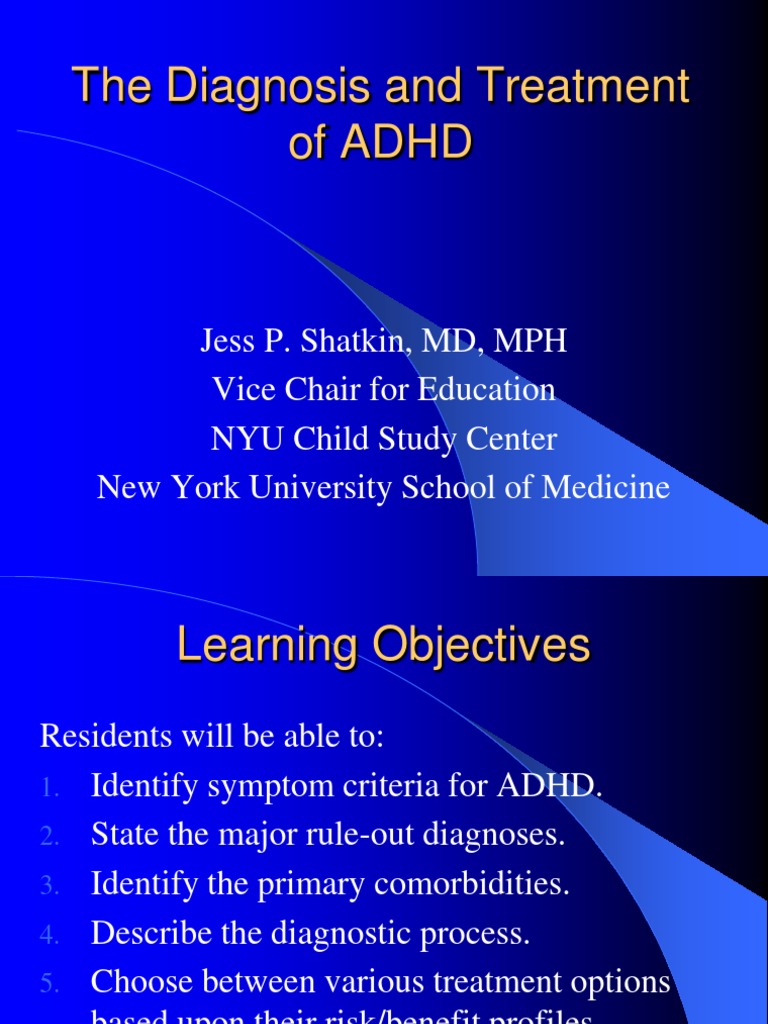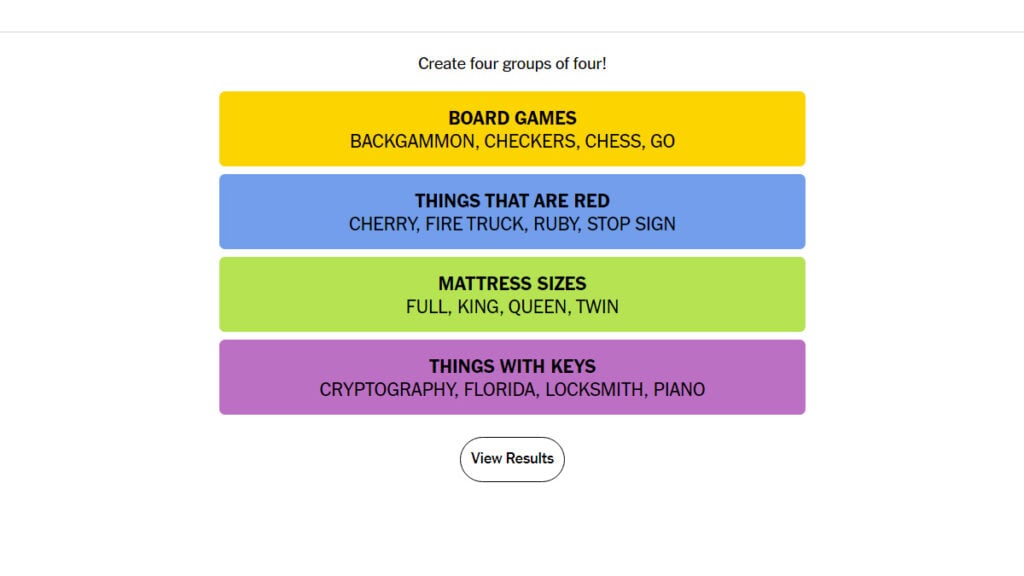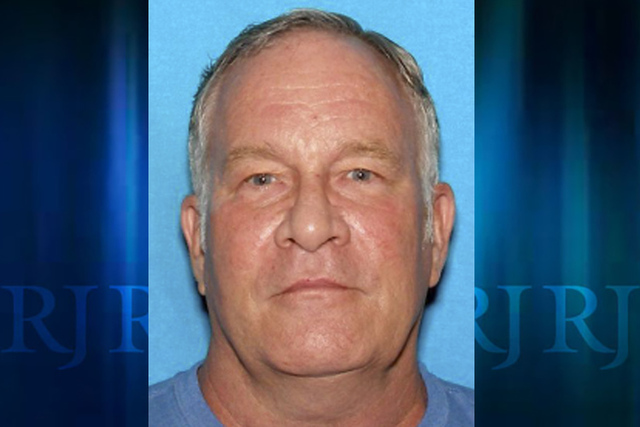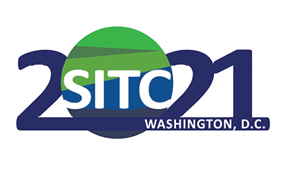Suspect Adult ADHD? A Guide To Diagnosis And Treatment

Table of Contents
Recognizing the Symptoms of Adult ADHD
Adult ADHD presents differently than in children. While hyperactivity might be less pronounced, the core symptoms of inattentiveness, hyperactivity, and impulsivity remain. Successfully diagnosing adult ADHD requires recognizing these symptoms in the context of an adult's life.
Inattentiveness: The Struggle to Focus
Inattentiveness in adults with ADHD manifests as difficulty concentrating on tasks, even those of personal interest. This can significantly impact work productivity, relationships, and overall daily functioning.
- Trouble completing tasks: Procrastination and leaving tasks unfinished become common struggles.
- Losing things frequently: Misplacing keys, wallets, or important documents becomes a recurring issue.
- Poor time management: Consistent lateness and difficulty meeting deadlines are common experiences.
- Difficulty listening attentively: Struggling to follow conversations or instructions, especially in noisy or distracting environments.
Unlike children, adult inattentiveness might appear as disorganization, missed appointments, or difficulty managing responsibilities at work or home. It's crucial to distinguish between general forgetfulness and the persistent inattentiveness characteristic of ADHD.
Hyperactivity and Impulsivity: The Internal Restlessness
While overt hyperactivity, like running around, is less common in adults, internal restlessness and impulsivity remain key symptoms. This can lead to restlessness, difficulty relaxing, and impulsive behaviors that negatively impact various aspects of life.
- Difficulty sitting still: Feeling an urge to move around frequently, even when it's inappropriate.
- Excessive talking: Interrupting conversations or dominating discussions unintentionally.
- Impulsive spending or risky behaviors: Making rash decisions with financial or personal consequences.
- Difficulty waiting their turn: Struggling to manage frustration when faced with delays or queues.
Adults with ADHD might express hyperactivity through restlessness, a racing mind, or difficulty relaxing. Impulsivity can manifest as emotional outbursts, reckless driving, or impulsive online shopping.
The Overlap with Other Conditions: Recognizing Comorbidities
It's important to note that adult ADHD often co-occurs with other mental health conditions. This overlap can complicate diagnosis and treatment.
- Anxiety disorders: ADHD and anxiety disorders share some symptoms, such as restlessness and difficulty concentrating.
- Depression: Adults with ADHD are at a higher risk of developing depression, possibly due to the challenges posed by the disorder.
- Substance use disorders: Individuals with ADHD may use substances to self-medicate symptoms like impulsivity and inattention.
- Sleep disorders: Sleep disturbances are common in adults with ADHD, further exacerbating symptoms.
A comprehensive assessment is crucial to differentiate between ADHD and other conditions with similar symptoms. A healthcare professional can help determine the appropriate diagnosis and treatment plan.
The Diagnostic Process for Adult ADHD
Diagnosing adult ADHD requires a thorough evaluation by a qualified professional, such as a psychiatrist, psychologist, or clinical neuropsychologist. This process ensures accurate diagnosis and appropriate treatment.
Seeking Professional Help: The First Step
The first step is scheduling an appointment with a healthcare professional specializing in ADHD. Be prepared to provide a detailed history of your symptoms.
- Scheduling an appointment: Researching qualified professionals and scheduling an initial consultation.
- Gathering relevant information: Collecting information about your medical history, family history, and current symptoms.
- Providing a detailed account of symptoms: Accurately describing your symptoms and their impact on your life.
Choosing the right professional is vital. Some specialize in adult ADHD and possess a deep understanding of its unique challenges.
Assessment Tools and Techniques: Uncovering the Diagnosis
Several assessment tools and techniques are used to diagnose adult ADHD:
- Adult ADHD Self-Report Scale (ASRS): A questionnaire that helps assess the presence of ADHD symptoms.
- Clinical interview: A structured interview where a clinician asks specific questions about your symptoms and history.
- Neuropsychological testing: Tests assessing cognitive functions such as attention, memory, and executive function. This helps to rule out other conditions that might mimic ADHD.
These methods provide a comprehensive picture, assisting in accurate diagnosis and the creation of a tailored treatment plan.
Differential Diagnosis: Ruling Out Other Possibilities
It's crucial to rule out other conditions that might share symptoms with ADHD. This differential diagnosis is a key part of accurate assessment.
- Anxiety disorders: Conditions like generalized anxiety disorder or panic disorder share symptoms with ADHD.
- Depression: Symptoms of depression, such as low energy and difficulty concentrating, can overlap with ADHD.
- Bipolar disorder: Manic or depressive episodes in bipolar disorder can mimic some ADHD symptoms.
- Learning disabilities: Individuals with learning disabilities might experience difficulties similar to those with ADHD.
- Sleep disorders: Sleep problems can worsen ADHD symptoms and make diagnosis more challenging.
A thorough evaluation ensures accurate diagnosis and prevents misattribution of symptoms to the wrong condition.
Effective Treatment Options for Adult ADHD
Treatment for adult ADHD typically involves a combination of medication, therapy, and lifestyle changes tailored to individual needs.
Medication: Restoring Balance
Medication can significantly alleviate ADHD symptoms. Stimulants and non-stimulants are commonly prescribed.
- Methylphenidate (Ritalin, Concerta): Stimulant medication improving focus and reducing impulsivity.
- Amphetamine (Adderall): Another stimulant medication with similar effects to methylphenidate.
- Atomoxetine (Strattera): A non-stimulant medication that can be effective for some individuals.
It's crucial to discuss potential side effects and medication interactions with your doctor. Finding the right medication and dosage is a process requiring close collaboration with your healthcare provider.
Therapy: Developing Coping Mechanisms
Therapy plays a crucial role in managing ADHD symptoms and building coping strategies.
- Cognitive Behavioral Therapy (CBT): Helps identify and change negative thought patterns and behaviors contributing to ADHD symptoms.
- Behavioral therapy: Focuses on teaching practical strategies for managing daily challenges associated with ADHD.
- Support groups: Connecting with others who understand the challenges of living with ADHD can be invaluable.
Therapy helps address underlying issues contributing to ADHD symptoms and empowers individuals to manage their condition effectively.
Lifestyle Changes: Supporting Your Treatment
Lifestyle changes can complement medication and therapy, enhancing their effectiveness.
- Regular exercise: Physical activity helps improve focus, reduce impulsivity, and boost mood.
- Healthy diet: A balanced diet contributes to overall well-being and can indirectly impact ADHD symptoms.
- Sufficient sleep: Getting enough sleep is vital for managing ADHD symptoms and improving cognitive function.
- Stress management techniques: Techniques like mindfulness or yoga can help regulate emotions and reduce stress.
Implementing these changes supports overall health and well-being, enhancing the effectiveness of other treatment approaches.
Conclusion
Suspecting you might have adult ADHD can be overwhelming, but taking the first step towards diagnosis and treatment is crucial. Effective management of adult ADHD is possible through a combination of medication, therapy, and lifestyle changes. Don't hesitate to seek professional help from a qualified healthcare provider. Take control of your symptoms and improve your quality of life by scheduling an appointment to discuss your concerns about adult ADHD today. Early diagnosis and treatment can significantly improve your focus, organization, and overall well-being. Don't let undiagnosed adult ADD control your life – seek help and reclaim your potential.

Featured Posts
-
 Europe On High Alert Analyzing Recent Russian Military Moves
Apr 29, 2025
Europe On High Alert Analyzing Recent Russian Military Moves
Apr 29, 2025 -
 Solve The Nyt Spelling Bee April 27 2025 Answers And Hints
Apr 29, 2025
Solve The Nyt Spelling Bee April 27 2025 Answers And Hints
Apr 29, 2025 -
 Search Intensifies For Missing British Paralympian In Las Vegas
Apr 29, 2025
Search Intensifies For Missing British Paralympian In Las Vegas
Apr 29, 2025 -
 Unos Studentky Sone Klucove Rozhodnutie Sudu V Stredu
Apr 29, 2025
Unos Studentky Sone Klucove Rozhodnutie Sudu V Stredu
Apr 29, 2025 -
 Akeso Stock Drops After Cancer Drug Trial Fails To Meet Expectations
Apr 29, 2025
Akeso Stock Drops After Cancer Drug Trial Fails To Meet Expectations
Apr 29, 2025
Latest Posts
-
 Exploring Our Farm Next Door The Story Of Amanda Clive And Family
Apr 30, 2025
Exploring Our Farm Next Door The Story Of Amanda Clive And Family
Apr 30, 2025 -
 Life On Our Farm Next Door Following Amanda Clive And Their Children
Apr 30, 2025
Life On Our Farm Next Door Following Amanda Clive And Their Children
Apr 30, 2025 -
 Our Neighbors Amanda Clive And Kids Farming Adventures
Apr 30, 2025
Our Neighbors Amanda Clive And Kids Farming Adventures
Apr 30, 2025 -
 Our Farm Next Door Amanda Clive And The Kids Everyday Life
Apr 30, 2025
Our Farm Next Door Amanda Clive And The Kids Everyday Life
Apr 30, 2025 -
 A Look Into Our Farm Next Door The Lives Of Amanda Clive And Family
Apr 30, 2025
A Look Into Our Farm Next Door The Lives Of Amanda Clive And Family
Apr 30, 2025
